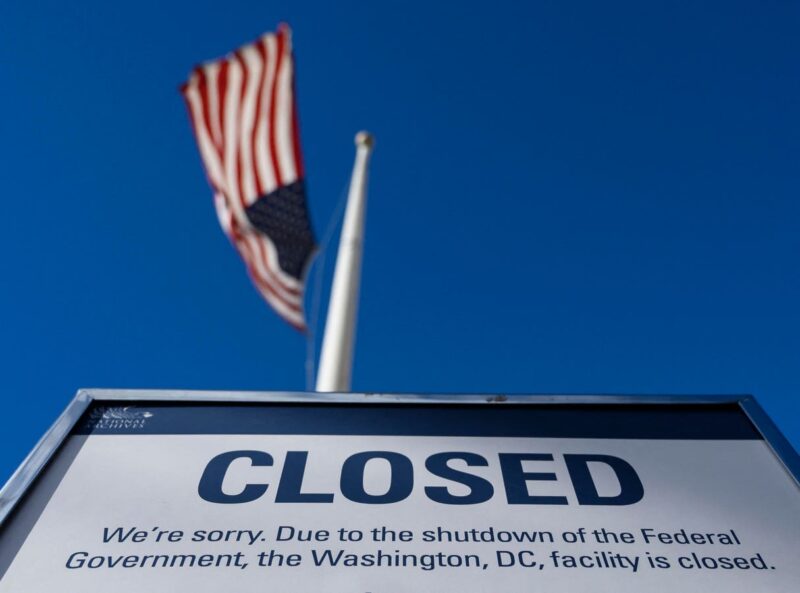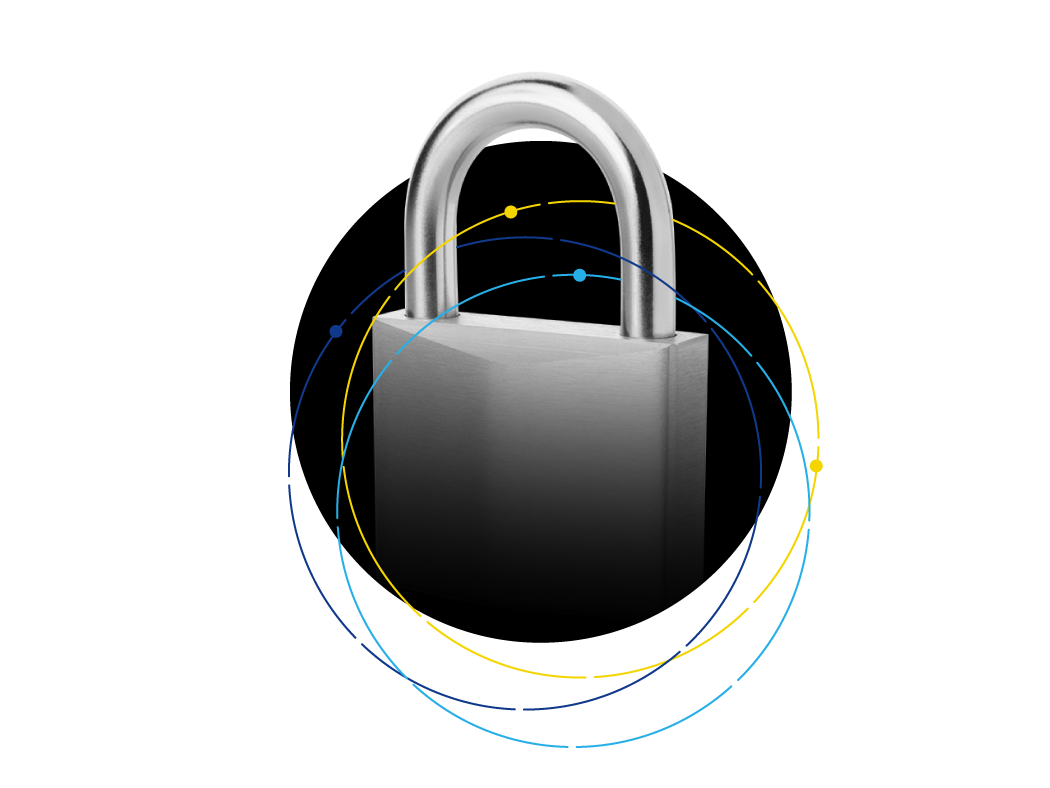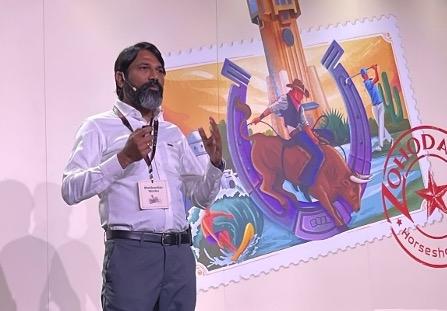The government shutdown raises tough questions for mission-driven professionals about career resilience and purpose.
AFP via Getty Images
When the government shuts down, so do careers. Not because paychecks are delayed, but because mission-driven employees are forced to ask the hardest questions: does this work still align with my values, and what happens if the institution I serve doesn’t serve me back?
The headlines usually focus on airport security lines or federal employees struggling to cover rent without their paychecks. Those are urgent realities. But hidden behind them is another group affected in a very different way: the professionals who chose federal service not for the paycheck, but for the mission. For them, government shutdowns test careers.
Think of the NIH researcher whose lab suddenly stalls mid-experiment, the policy analyst at Labor sent home in the middle of drafting a critical report, or the economist at the Bureau of Labor Statistics who can’t release the very data the country relies on to navigate the labor market. These are employees with advanced degrees, marketable skills, and other options — but who chose government because they wanted their work to matter.
For this group, a shutdown is not just a temporary interruption. It’s a stress test for career resilience.
When Institutions Undermine the Mission
Mission-driven professionals don’t join government for the biggest salary or the steadiest paycheck. They join because they want their work to matter — to advance public health, protect the environment, or shape policy for the common good. What makes shutdowns so corrosive is not just the interruption of pay; it’s the signal that the very institution they serve doesn’t take their work seriously enough to protect it from political dysfunction.
If the government itself undervalues the job you do, it forces a deeper reckoning. You begin to wonder whether you are still on track with your goals and values, whether public service is truly where you want to contribute in the long run, and what other ambitions you may have postponed in the belief that mission alone was enough. For many, that realization is the true jolt of a shutdown — not just uncertainty over income, but doubt about whether their commitment is reciprocated by the system they serve.
Weaving Multiple Careers Together
Shutdowns can be disruptive, but they can also create space to revisit questions many professionals haven’t asked in years. What else do you want? What ambitions have been shelved along the way? A graduate degree you meant to finish, a nonprofit you dreamed of launching, a book you never had time to write. These aren’t indulgent distractions — they’re signals of what matters to you beyond the daily grind of your current role.
Recognizing those dormant dreams doesn’t mean you have to make a stark decision about staying or leaving your current job. The future of work is no longer structured as one job, one employer, for life. Increasingly, professionals are weaving together multiple roles, sectors, and identities over the course of their careers. That might mean continuing your government service while teaching part-time, consulting on the side, contributing to a nonprofit board, or building a creative practice. Polyemployment is not about abandoning stability — it’s about expanding the ways you contribute so you’re not dependent on any single institution to define your purpose. Or to pay the bills.
Career Resilience Means Optionality
This is what career resilience really comes down to: optionality. Having more than one way to use your skills, more than one place to channel your values, more than one path to economic security. When disruption comes — whether in the form of a shutdown, a restructuring, or a technology shift — optionality ensures you’re not cornered. Instead of reacting in panic, you can choose your next move from a position of strength.
And this lesson extends beyond public service. Every career will eventually be stress-tested — by politics, by markets, by automation. The shutdown is simply a vivid reminder that no institution, however large or enduring, can guarantee stability. What you can guarantee is your own adaptability, by cultivating multiple avenues for your skills and staying aligned with your values. That is the real career security in the future of work.
Ultimately, your employability no longer depends on your employer or your profession, even the best of them. It depends on your ability to stay relevant — and that’s on you.









